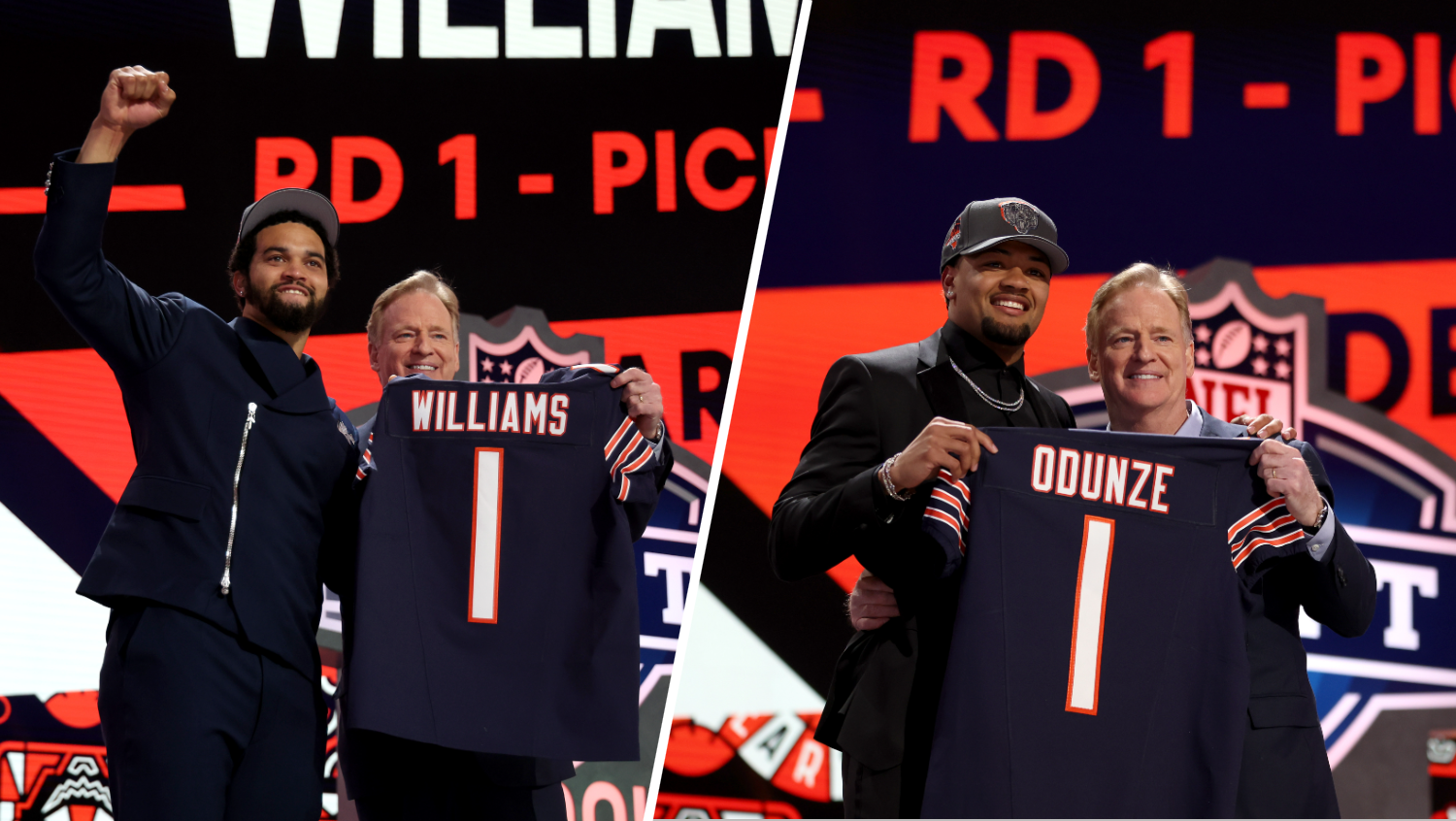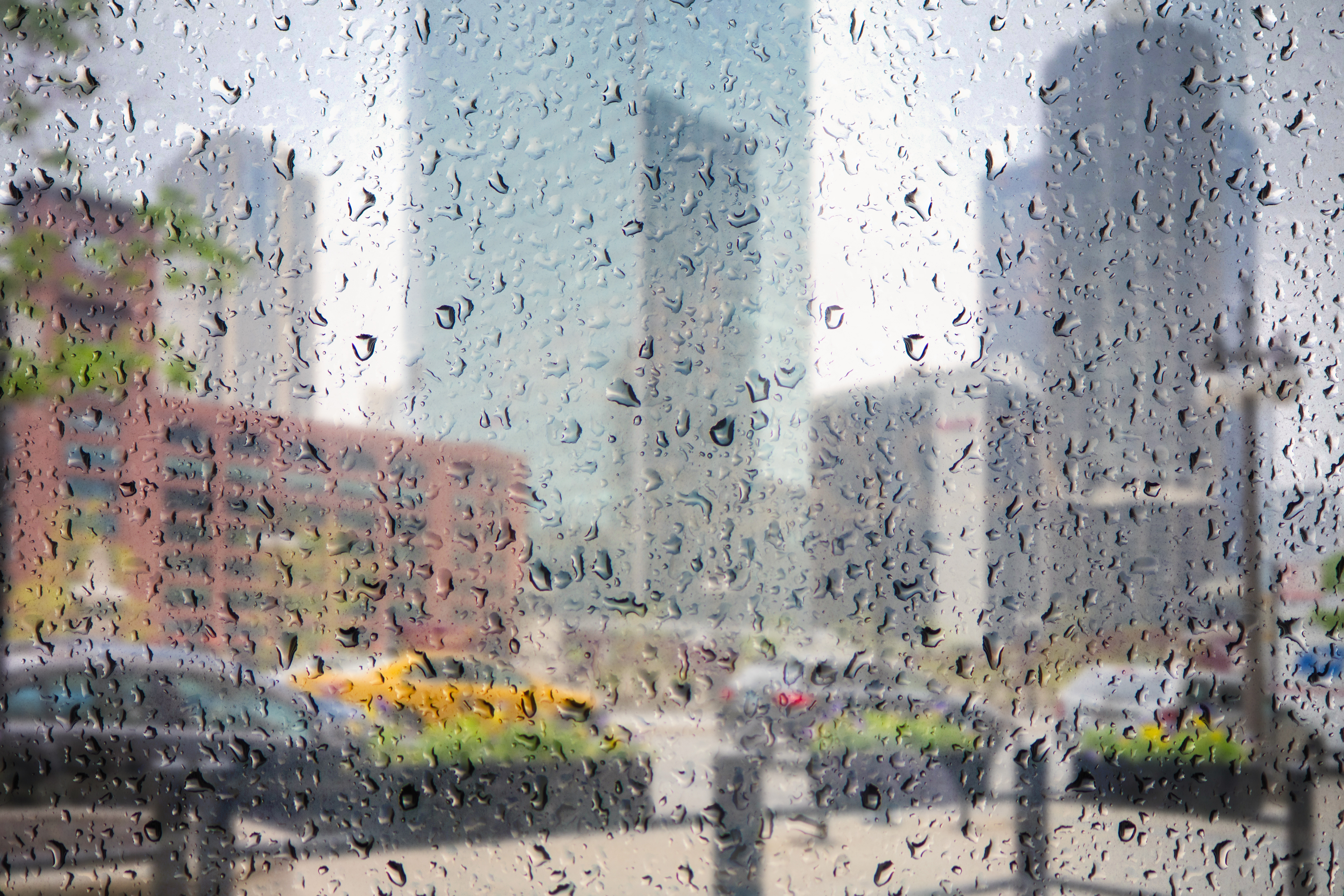Travel restrictions for Chicago changed once again as the city altered its guidelines for how states are categorized and what is required for anyone coming to the city.
The emergency travel order was adjusted to a two-tiered system "to prevent further spread of COVID-19," health officials announced Tuesday.
Under the new guidelines, which take effect Friday, states are categorized as either "orange" or "yellow," eliminating a previous "red" category.
Orange states and territories have average coronavirus rates above 15 cases per day, per 100,000 residents and yellow states and territories have rates below 15 cases per day, per 100,000 residents.
"Chicago has experienced several weeks of mostly stable or declining new daily cases, and the test positivity rate has decreased and is now 10.3%," CDPH said in a release Tuesday. "The city is now seeing 38 new daily cases based on a 7-day rolling average, which is a lower rate than when the 3-tiered system was implemented in November 2020."
As of Tuesday, Hawaii is the only state listed as "yellow" and all 49 other states are in the orange category, as are Puerto Rico and the District of Columbia, according to the city's health department. The list is next set to be updated on Jan. 26.
While health officials urged residents to avoid travel if possible, here are the requirements for each category:
- Yellow: States with a rolling 7-day average less than 15 cases/day/100k residents.
- No quarantine or pre-arrival test required. Maintain strict masking, social distancing and avoidance of in-person gatherings
- Orange: States have a rolling 7-day average above 15 cases/day/100k residents
- 10-day quarantine OR pre-arrival negative test no more than 72 hours before arrival in Chicago with strict masking, social distancing and avoidance of in-person gatherings
The emergency travel order requiring a quarantine for travelers from certain locations was first issued in July in an effort to slow the spread of the deadly coronavirus.
Local
CDPH Commissioner Allison Arwady has said previously that no matter a state's color under the order, she would not recommend any unnecessary travel.
The city said it hopes to simply educate travelers about the order, but those found in violation could be subject to fines of between $100 and $500 per day, up to $7,000.
"The quarantine and pre-arrival testing requirements apply to people even if they have no COVID-19 symptoms," the city's health department said in a release.
Exceptions can be made for travel for medical care, parental shared custody and business travel for essential workers. It also does not apply to an individual passing through states for less than 24 hours over the course of travel, including layovers at airport or people driving through a particular state. Daily commuters to and from neighboring states are also exempt.



